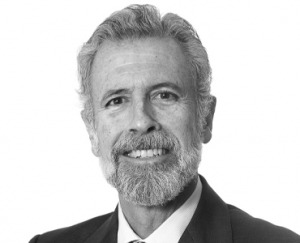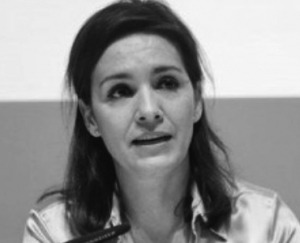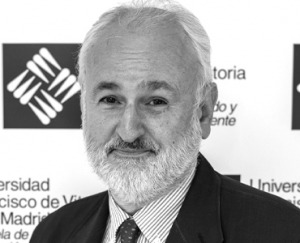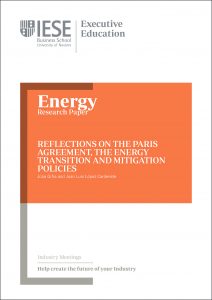The Energy Transition: Be Idealistic! Achieve the Possible!
- For fast, complete decarbonization of electricity.
- For an intense, energetic and patient commitment to the science and technology of the energy transition by considering all options based on the principle of technology neutrality.
- For intelligent use of renewable molecules.
In contrast to the slogan of the May ‘68 protests in France “Be realistic! Demand the impossible!,” there is an urgent need to apply an idealistic approach to what is possible as thoroughly and quickly as we can in order to avoid the pessimism and frustration of the impossible. Because deep-seated tensions are brewing.
The cruel invasion of Ukraine has stirred up many neglected emotions. We read with perplexity that reform-minded Macron has called for a regulatory pause. In the same week last May, President von der Leyen, who had always been a strong supporter of the EU’s green agenda, said that attention should be paid to the capacity to absorb the new measures. Meanwhile, a new political party, BBB, a farmer-citizen group, suddenly came to the forefront in the Netherlands by becoming the most voted party. This coincided with the protests of the Yellow Vests in neighboring France.
Looking further afield, we saw India’s energy minister calling for the prioritization of growth (i.e., reducing poverty) over decarbonization. India also planned to imitate the practices of China, which have made the country responsible for approximately 30% of emissions. In this context, the BRICS countries now account for 50% of emissions compared to approximately 30% by the OECD countries. However, these figures would look different if we examined our responsibility for cumulative carbon emissions in the atmosphere.
Moreover, the security of each link in the value chain of competitive primary energy supply, critical raw materials and technologies in use is once again of primary importance. They are now being brandished as a sign of strategic power. All this is eroding the framework of trust in the value chains and their planetary logistics routes, which used to be held up by sound agreements in support of multilateralism. The world map is once again divided into blocs of many different colors.
The location of mines of critical raw materials, the refineries where they are processed and the plants where technology goods are manufactured have suddenly become highly relevant. Along these lines, The United States’ recent Inflation Reduction Act (IRA) and current discussions in Australia on how to control the industry of critical materials processing highlight the new concerns that will certainly delay and increase the cost of the colossal transformation involved in the decarbonization of society.
However, the relevant provision of global public goods such as peace, health, food security, prosperity leading to the elimination of poverty, and decarbonization will not be possible without multilateral cooperation among sovereign states.
How should these movements be interpreted in Europe, where public opinion is so decisive when it comes to legitimizing political action? Initiative, power and the economy have always been delicate matters and the essential ingredients of any government of citizens. For these subjects with dignity, rights and obligations, the pendulum of power has always swung between the idealistic opportunity of achieving the impossible and the art of doing what is possible. Although this second option almost always lacks epic, lyrical appeal, when it is implemented with realistic ambition, it can achieve historic heights of social progress while avoiding the convulsions engendered by frustration with the unattainable. When doubts arise, finding inspiration in the nearly 30 centuries of Pharaonic Egyptian history is highly recommended.
We should therefore make a distinction between the goals (besides the necessary and urgent ones) that can be considered achievable and the ones that are unfortunately not currently achievable, either because the enabling technologies are not available (2022 update of the IEA’s Tracking Clean Energy Progress) or, as in other cases, due to the sovereign decision of states.
Having reached this point, by making use of all the technological options available, based on the principle of technology neutrality, and by working smart at a steady pace, let’s take a cold hard look at the priorities that should form part of the idealism of the possible.






















































